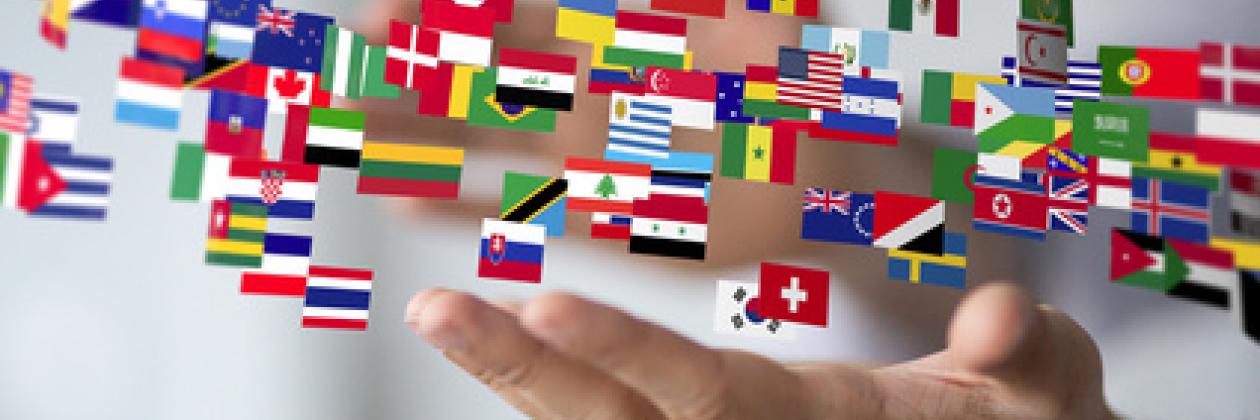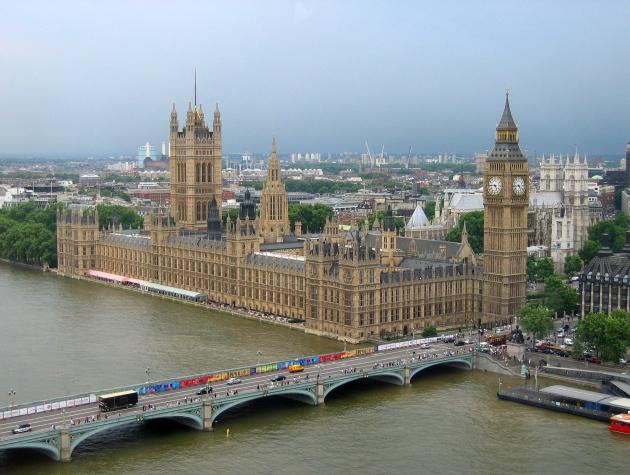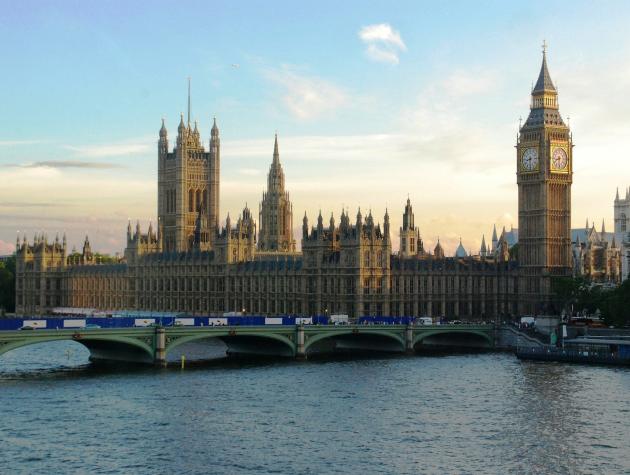GEG WP 2014/95 When Do ‘Weak’ States Win? A History of African, Caribbean and Pacific Countries Manoeuvring in Trade Negotiations with Europe
Abstract
Can small ‘weak’ countries shape the outcomes of asymmetric trade negotiations and, if so, how? I scrutinise ten episodes of trade negotiations involving powerful European states and small developing countries from Africa, the Caribbean and Pacific (ACP) since the 1960s. I draw on legal agreements, public documents, interviews with and the written memoirs of key negotiators, media reports and the secondary literature.
I show that ACP countries influenced outcomes in important ways. For each negotiation I establish the variation between European preferences and the final negotiated outcome and show that in four of the ten negotiations there was a substantial gap between what European countries wanted and the final outcome. Close examination and comparison of these ten negotiations suggests that when three conditions hold, small developing countries can exert substantial influence even in a profoundly asymmetric encounter: First, the small state must be able to “walk away” from the negotiation at no cost. Second, where the small state is considered to be highly strategic by the large state, it can use this as a source of leverage. Third, the small state must have the political leadership and technical skills to deploy an astute negotiating strategy.







